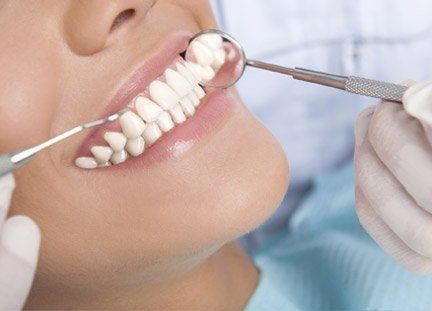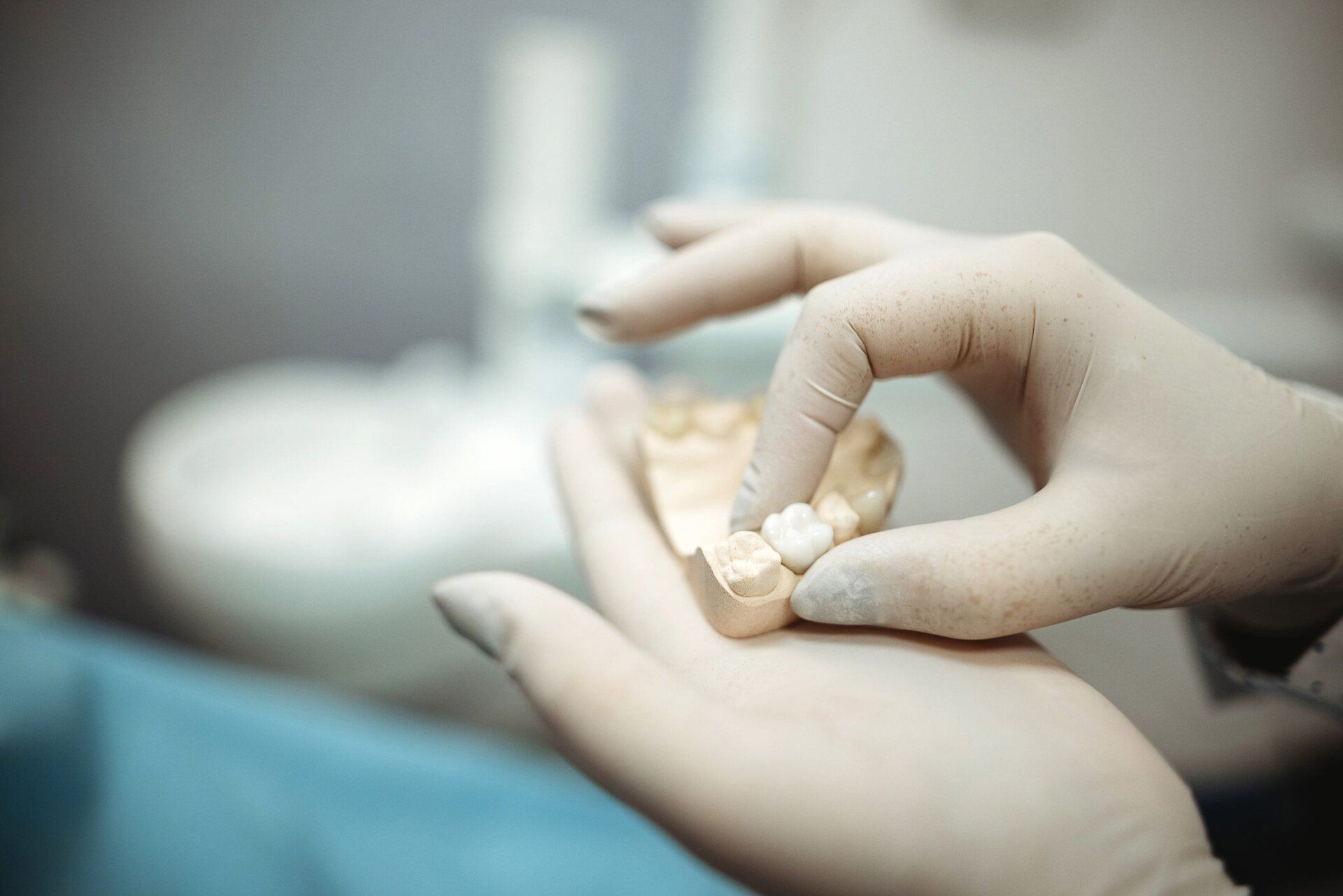Routine Dental Exams: A Tool for Detecting Celiac Disease in Children

Celiac disease is a progressive autoimmune disorder that usually develops slowly over time. In simpler terms, celiac disease is when's the body is unable to tolerate the protein gluten, which is found in cereal grains such as wheat, rye, graham flour, barley, and oats. The disease causes common symptoms like chronic diarrhea or constipation, cramps, abdominal bloating, and weight loss.
Symptoms in children may also include vomiting, irritability, changes in behavior, growth delays, and problems with tooth enamel. Although your family dentist can't diagnose the disorder, dental screening helps detect early signs of celiac disease in children, particularly if there is a family history of the disease.
Early Diagnosis of Celiac Disease
While the diagnosis of celiac disease is based on blood tests that check for high levels of certain antibodies in the blood and an endoscopic biopsy of the small intestine, oral health issues in young children are often an early clue to the disease. Celiac disease in children often comes on during enamel formation, causing weakened dental enamel. Celiac disease can affect a child's oral health in a variety of ways, including the following:
- Dental enamel defects in permanent teeth
- Slow loss of baby teeth
- Delayed eruption of permanent teeth
- Aphthous ulcers, more commonly known as canker sores, inside the mouth
- Atrophic glossitis—smooth, shiny tongue
- Higher risk of dental cavities
Not all children suffer digestive or bowel-related symptoms at first, so you need to look for other signs of celiac disease. Damage to tooth enamel that causes grooves or pits may be a sign that something more than a dental problem is occurring.
Dental Enamel Defects
Although defects in dental enamel can be caused by certain antibiotics, too much fluoride, or genetic disease, celiac disease is another potential cause that your dentist should not overlook. The teeth of children with celiac disease may look discolored with white, brown, or yellow spots; be shaped abnormally; or appear translucent.
Adults with celiac disease suffer dental enamel defects less often than children if onset of the disease occurs after tooth development is complete. However, if celiac disease goes undiagnosed or untreated until adulthood, damage to dental enamel may lead to cosmetic dental treatments or tooth extractions in severe cases.
Treatment for Celiac Disease
Following the diagnosis of the disease, treatment involves eliminating gluten from your child's diet. Although there is no cure for the disease, a gluten-free diet prevents additional damage to the villi in the small intestine, which absorb nutrients.
Since ingesting just small amounts of gluten can trigger symptoms, even routine dental care requires the use of gluten-free dental products, including the fluoride, polishing paste, and fluoride varnish your child's dentist uses during treatment. Your child should also use gluten-free toothpaste, dental floss, and mouthwash for his or her daily dental care.
Some over-the-counter and prescription medications or vitamins your child takes may contain gluten as well. Because wheat flour, which contains varying levels of gluten, is often used as a binding agent in the manufacture of tablets and capsules, look for labels that read gluten-free.
Once your child consumes a gluten-free diet, his or her celiac disease symptoms should begin going away as the intestines recover. As a result, he or she will be able to absorb nutrients like calcium, vitamin D, phosphorus, and magnesium—nutrients that contribute to the formation of strong teeth and bones.
Screening for Celiac Disease
It is important to s creen for celiac disease if your child shows any symptoms of the disease, has a parent or sibling with celiac disease, or suffers another autoimmune disorder such as Down syndrome, Turner syndrome, type 1 diabetes mellitus, or autoimmune thyroid disease.
The disease isn't always easy to diagnose, but digestive symptoms and dental enamel defects are common in children, which can be signs of celiac disease, so you should be aware of these symptoms. Early detection and diagnosis help prevent long-term health complications, including vitamin and mineral deficiencies, iron deficiency anemia, low bone density, nerve problems, and oral cavity and oropharyngeal cancers later in life.
If celiac disease runs in your family and you are concerned about your child's dental health, the experienced dental staff at New England Dental Health Services PC can keep a watchful eye out for common oral indications of the disease.






